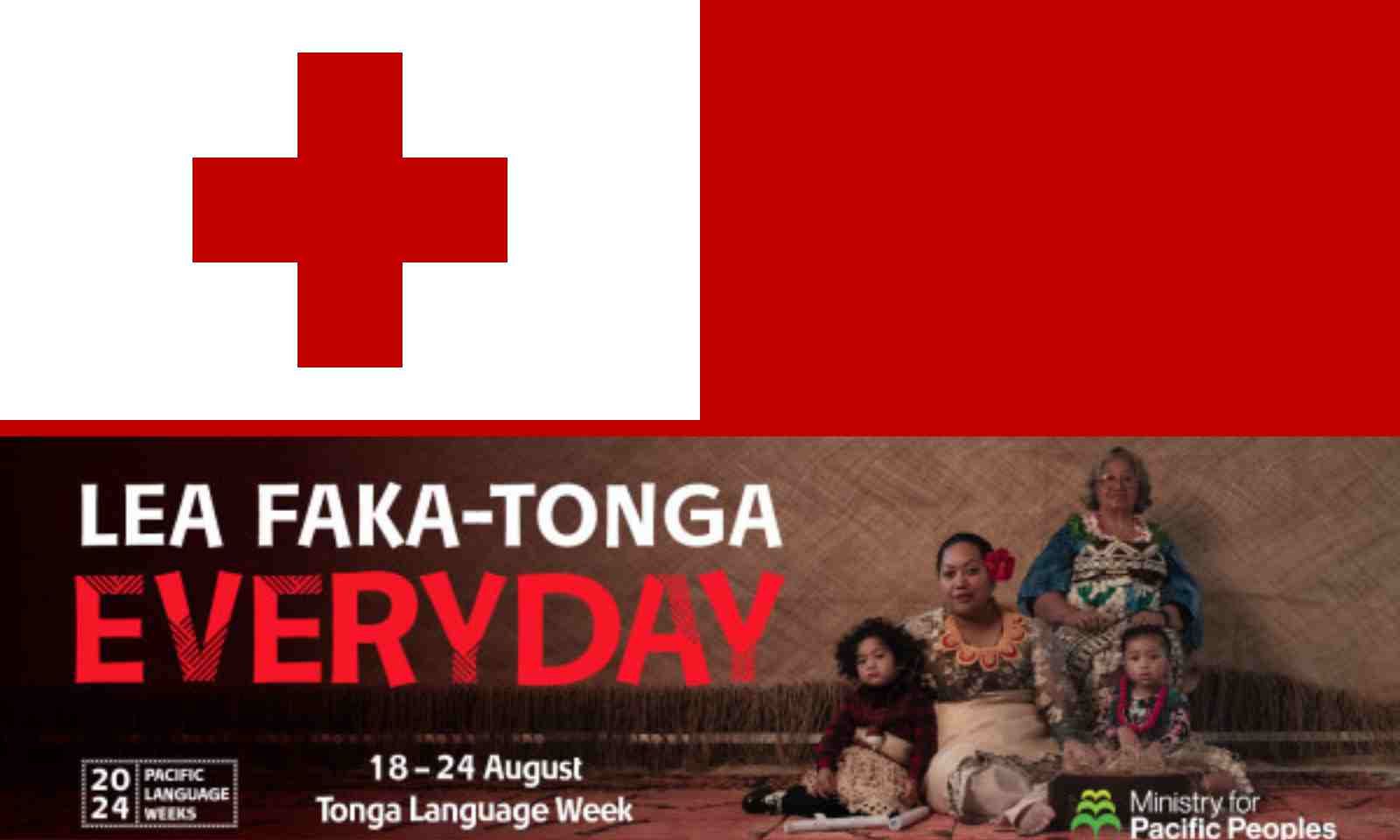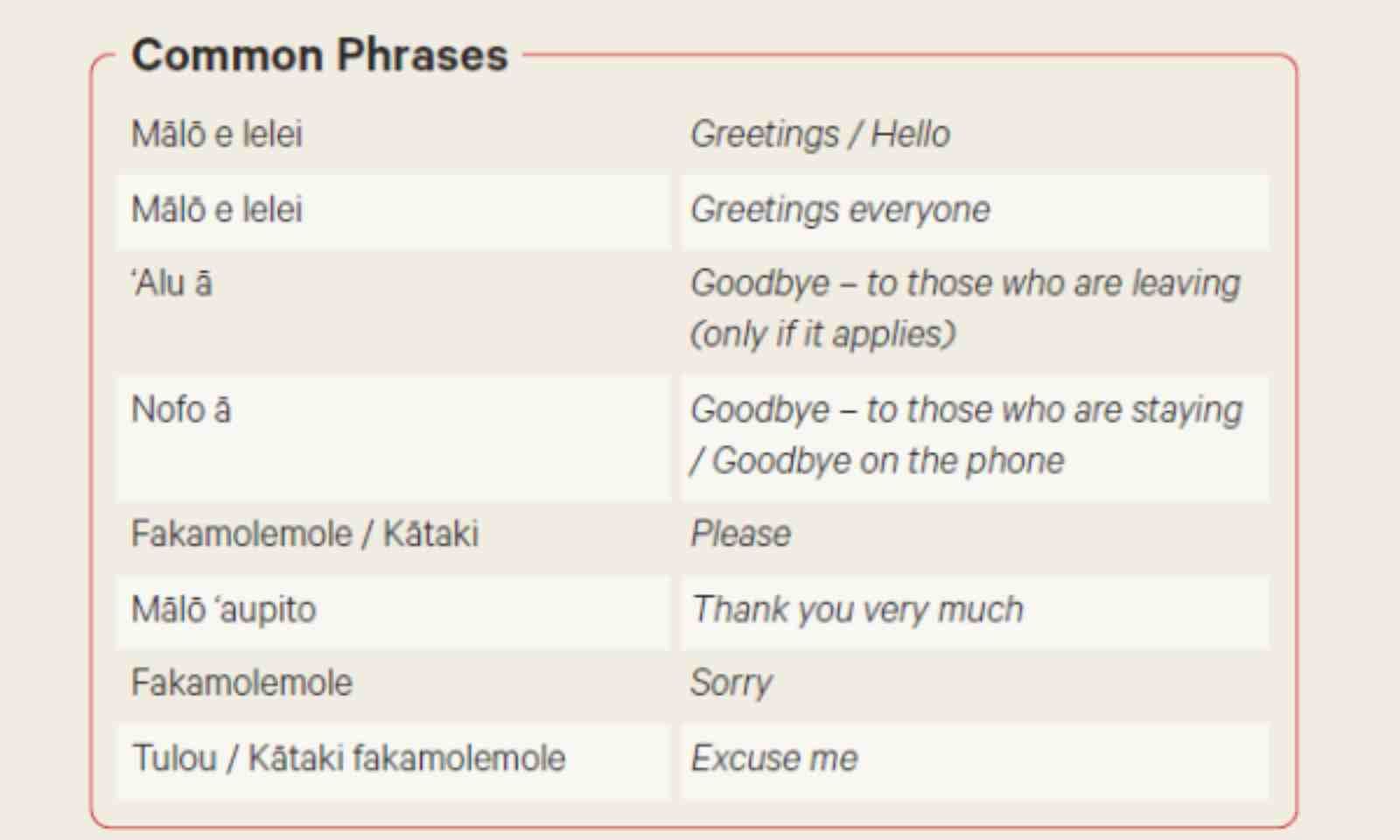

Michelle Fatani aims to create a unified Pasifika front, instead of exclusionary labels like “plastic islander”, and “real islander”.
Photo/file
Mentor’s journey to reclaim her Tongan and Sāmoan roots
How the fear of being mocked stopped Michelle Fatani from speaking her native languages.





Pacific eyes on rising US strikes in Venezuela amid deaths at sea





Pacific eyes on rising US strikes in Venezuela amid deaths at sea
Mālō e lelei. It’s Uike Kātoanga'i 'o e lea faka-Tonga - Tongan Language Week and thousands of the Friendly Islanders in Aotearoa are celebrating their culture.
As for Michelle Fatani (nee-Brunt-Tiueti), of Tongan and Sāmoan heritage, she has struggled with being raised in both cultures.
Through her poetry and a short film that she made with Va'a Magalogo in 2022, Fatani tells of her challenges and hopes about her identity.
The spiritual mentor spoke with Pacific Days’ Ma'a Brian Sagala about her journey to reclaim and relearn different aspects of both her Sāmoan and Tongan heritage.
Watch Michelle Fatani's interview on Pacific Days.
In her film, Plastic - a Love Letter to the Estranged, Fatani explores the identity crisis faced by Pasifika people living in New Zealand.
Fatani says she aims to create a unified Pasifika front, instead of exclusionary labels like “plastic islander”, and “real islander”.
“There's no words or experiences or opinions from any other person or people or group that can change your ancestry, that can change your blood or your family history,” she told Ma’a.
“And so just take your time, you're just learning about you and you don't have to start now. It could be at any point in time, but nothing will change your history.”
There are 82,389 people who identify as being part of the Tongan ethnic group, according to the 2018 New Zealand Census, making up 1.7 per cent of Aotearoa’s population. This is an increase of 36.6 per cent since the 2013 survey.
The theme for Tonga Language Week is 'E tu'uloa 'a e lea faka-Tongá 'o ka lea'aki 'i 'api, siasí (lotú), mo e nofo-'a-kāingá - The Tongan Language will be sustainable when used at home, church and in the wider community.
Organisers say the theme is derived from the overarching New Zealand Language Week Series motif for 2024 - Sustainability.
Fatani works as a spiritual mentor for Pacific Missionaries, with her experience as a missionary in South Korea in 2018 sparking her desire to look inward at her heritage.
“I was asked to do something from my culture or showcase something and I offered a wāiata, a haka, a karakia and I was asked oh, so you're Māori? And it was at that moment that something awakened in me.

Tongans celebrate their language and culture in Aotearoa this week. Photo/MPP
“I'm not Māori. I'm very proud to be Tau Iwi or a non-Māori living in New Zealand. But I'm Pasifika, and there are so many endless beautiful things I want to learn and showcase from our culture.”
In her poem, Plastic Islander, Fatani says her cousin mocked her for being neither full Sāmoan nor Tongan, and that she was too afraid to speak both languages due to fears of taunting.
“Yet my cuz could not have made me feel more of the opposite she spoke, don't speak. You're as plastic as the chairs in the church.
“And as she laughed, I thought about how uncomfortable the words of my own cultures feel in my own mouth, how uncomfortable I am when friends say, this is Michelle, she's Sāmoan and Tongan, but not like Sāmoan Sāmoan or Tongan Tongan.”
Her advice to other Pacific people, who want to take the first step in rediscovering their mother tongue and culture - find something about the culture you like, be it dance, poetry, or history.
She urges young Pasifika to learn their native languages so they remain alive, and continue to have a strong connection to their culture and identity.
“Maybe it's not language to start with. Maybe you want to be involved in dance, siva, or music. It could be history or proverbs. I love learning alanga'opu. And it could be media, church, or radio.
“When you lose your language, you lose your culture. And when there's no longer a living culture, darkness descends on the village…what we need is for young Pacific people who are part of the diaspora in New Zealand, Australia, America, and wherever to just come home now, culturally, physically, and mentally, it's time to embrace and to learn.”
Vaiaso o le Gagana Sāmoa - Sāmoan Language Week was celebrated on 26 May-1 June.
Uike Kātoanga’i ‘o e lea faka-Tonga – Tongan Language Week ends on Saturday.

Photo/MPP